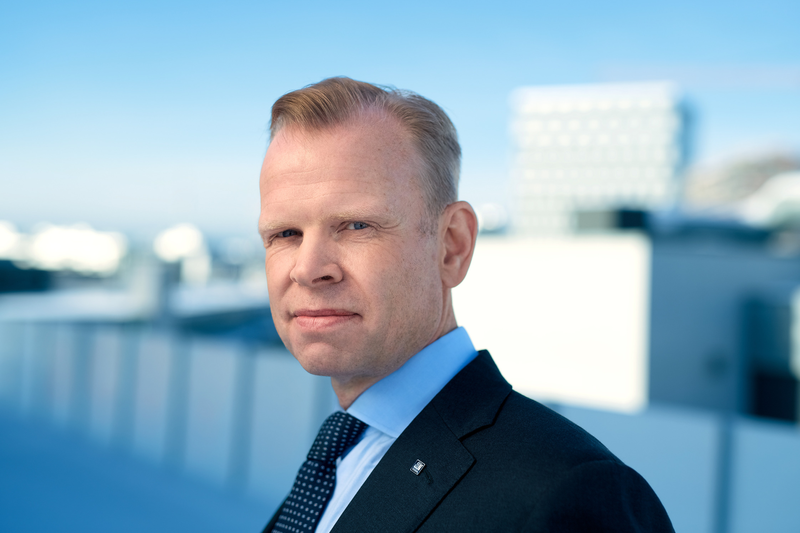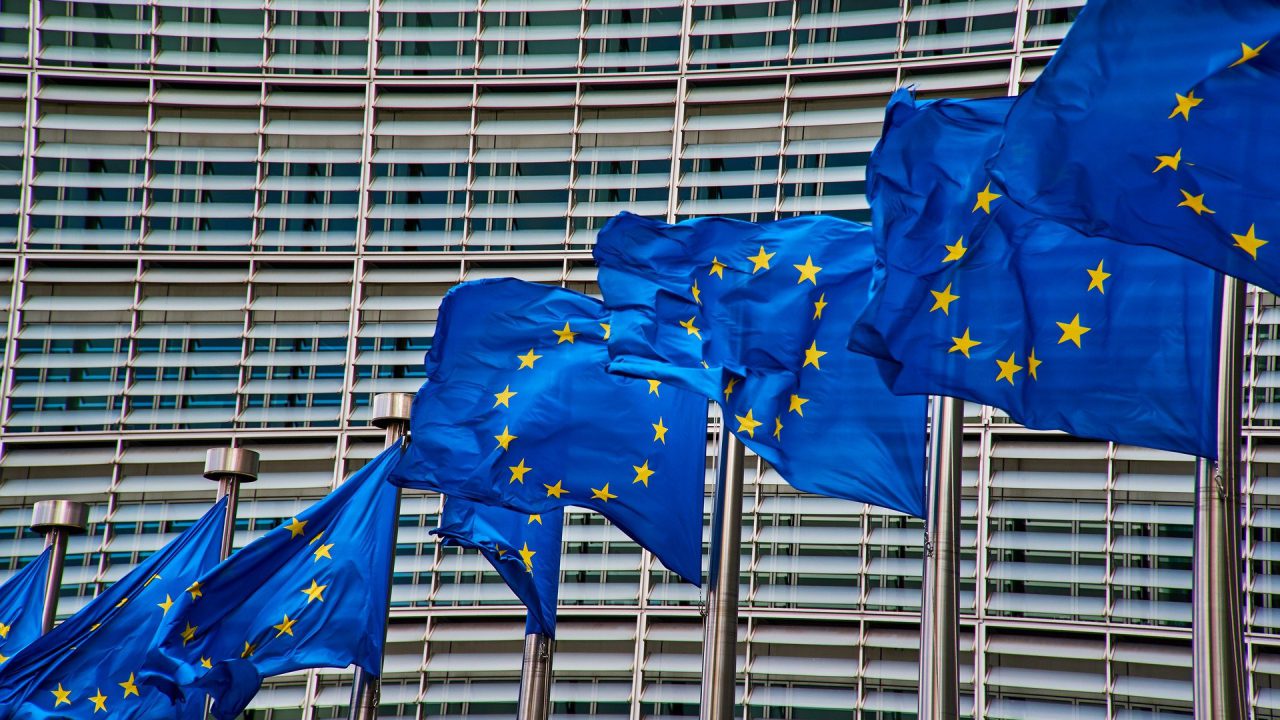Fertiliser giant Yara has said that the European Union must take urgent and decisive action to reduce its dependency on Russia for fertiliser and food.
In a statement issued today (Thursday, October 6), the Norwegian-based company has backed calls from the European Parliament and other stakeholders for an EU fertiliser strategy.
Yara said that this would be a “crucial step towards securing Europe’s strategic autonomy in food and agriculture”.
The issue will be debated at the plenary session of the European Parliament in Strasbourg today.
Yara suggested that a “package of solutions” for the European fertiliser industry should include measures to secure continued access to natural gas, a key component in fertiliser production.
Gas is also used to make AdBlue which is used in the vast majority of modern diesel vehicles and machinery.
Yara said that the strategy should accelerate the use of renewable energy and the transition to more sustainable and resilient fertiliser production.
The company said that the supply of raw materials for European fertiliser production should be prioritised “to avoid new dependencies”.
“The commission should also monitor and control the volumes of fertiliser products coming into Europe from Russia and Belarus, especially as Russian fertilisers have roughly twice the greenhouse emissions of fertilisers produced in Europe,” it said.
In August, Yara confirmed that it would be implementing further ammonia production cuts as a result of record-high gas prices in Europe.
The company said that curtailed production in Europe reduces worldwide availability of fertilisers and has direct, negative consequences for the global food system and global food security.

President and chief executive of Yara, Svein Tore Holsether, said:
“It is imperative that the war on Ukraine does not destroy the work towards a net-zero future. It is unthinkable that we will reach the climate targets without a strong, green European industry.
“Instead of weakening the position of the European fertiliser industry, which is a frontrunner in decarbonisation, we need massive, coordinated efforts to reach zero emissions, while at the same time reducing our dependencies on Russia.”
